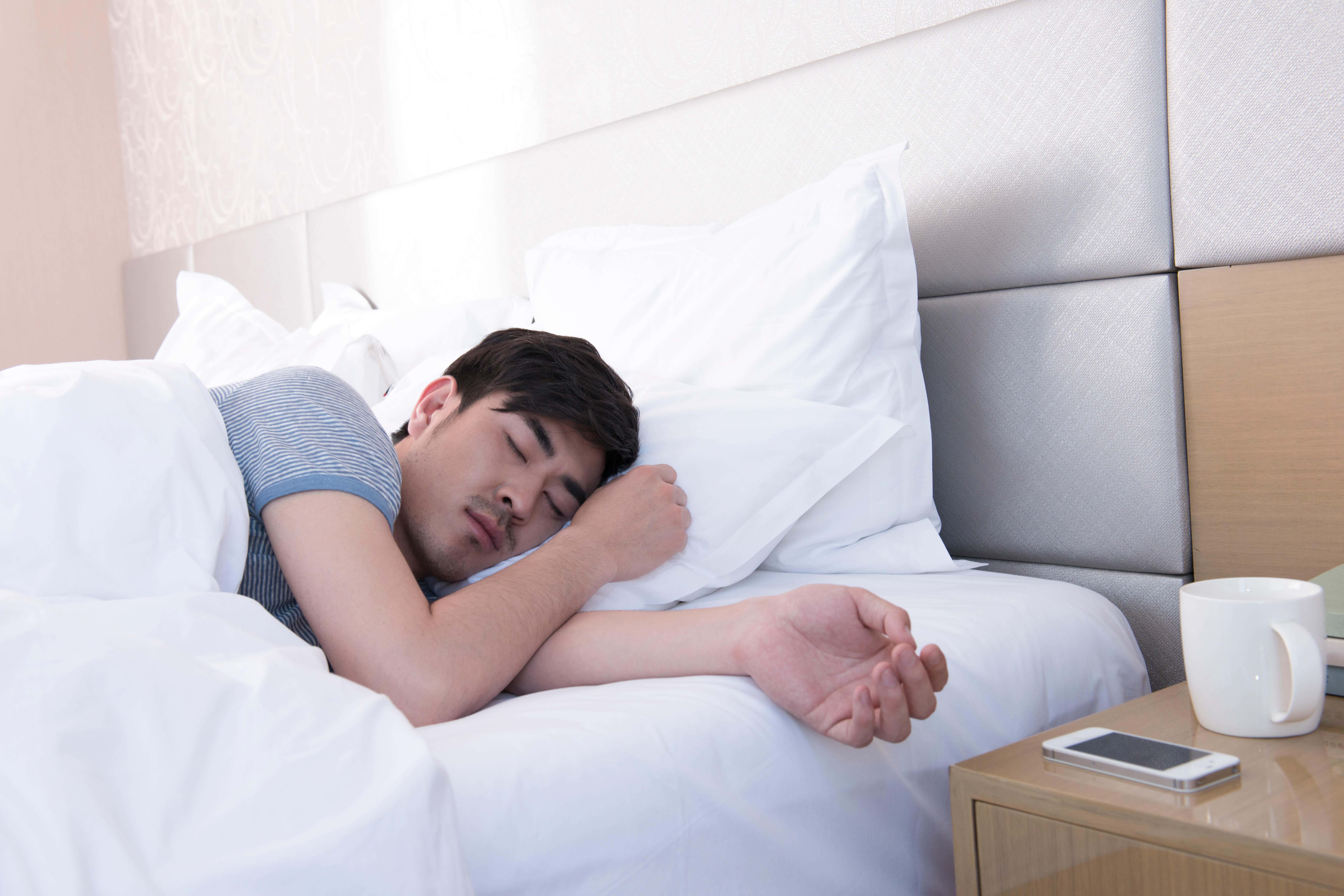Sleeping issues may increase risk of a stroke, study suggests
The findings could prompt doctors to have earlier conversations about the risks with people who are having sleep problems.

Your support helps us to tell the story
From reproductive rights to climate change to Big Tech, The Independent is on the ground when the story is developing. Whether it's investigating the financials of Elon Musk's pro-Trump PAC or producing our latest documentary, 'The A Word', which shines a light on the American women fighting for reproductive rights, we know how important it is to parse out the facts from the messaging.
At such a critical moment in US history, we need reporters on the ground. Your donation allows us to keep sending journalists to speak to both sides of the story.
The Independent is trusted by Americans across the entire political spectrum. And unlike many other quality news outlets, we choose not to lock Americans out of our reporting and analysis with paywalls. We believe quality journalism should be available to everyone, paid for by those who can afford it.
Your support makes all the difference.People who have sleep issues may be more likely to have a stroke, research has suggested.
Problems include getting too much or too little sleep, taking long naps, having poor quality sleep, snoring, snorting and sleep apnoea – where breathing is disrupted.
The study found that people who had more than five of these symptoms had an even greater risk of stroke.
Snorers were almost twice as likely as non-snorers to have a stroke.
Our results suggest that sleep problems should be an area of focus for stroke prevention
People who slept for more than nine hours or less than five hours were more likely to have a stroke than people who had an average of seven hours, researchers found.
The researchers said their findings do not show that sleeping problems cause stroke, but they show an association.
They add that the findings could prompt doctors to have earlier conversations about the risks with people who are having sleep problems.
Study author Christine McCarthy, of the University of Galway in Ireland, said: “Not only do our results suggest that individual sleep problems may increase a person’s risk of stroke, but having more than five of these symptoms may lead to five times the risk of stroke compared to those who do not have any sleep problems.
“Our results suggest that sleep problems should be an area of focus for stroke prevention.”
The study involved 4,496 people: 2,238 who had a stroke and 2,258 who did not.
Subjects were asked about their sleep behaviour including how many hours of sleep they got, sleep quality, napping, snoring, snorting and breathing problems during sleep.
The study found that breathing problems during sleep, including snoring, snorting and sleep apnoea, were significantly associated with stroke.
After taking into consideration other factors that increase the risk of stroke, such as smoking, physical activity, depression and alcohol consumption, the results remained similar.
Scientists also looked at the effect of napping on stroke risk.
They found that people who took naps longer than one hour were 88% more likely to have a stroke than those who did not.
Other findings indicated that people who snored were 91% more likely to have a stroke than those who did not, and people who snorted were nearly three times more likely.
People with sleep apnoea were nearly three times more likely to have a stroke than those who did not.
Dr McCarthy said: “With these results, doctors could have earlier conversations with people who are having sleep problems.
“Interventions to improve sleep may also reduce the risk of stroke and should be the subject of future research.”
The findings are published in the Neurology journal.